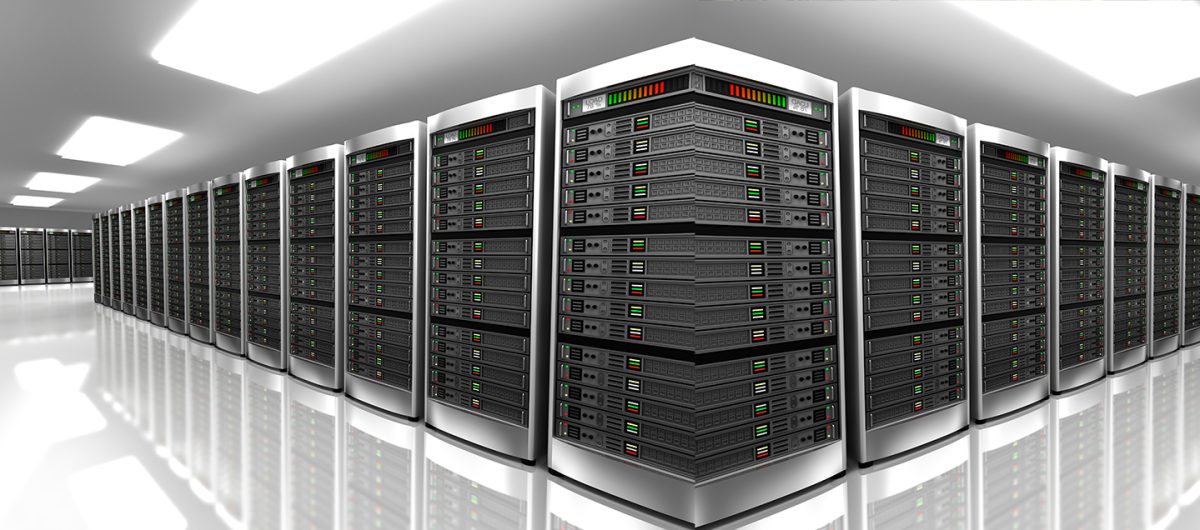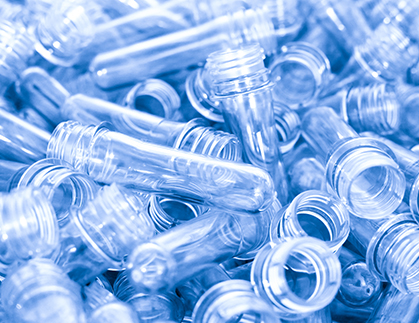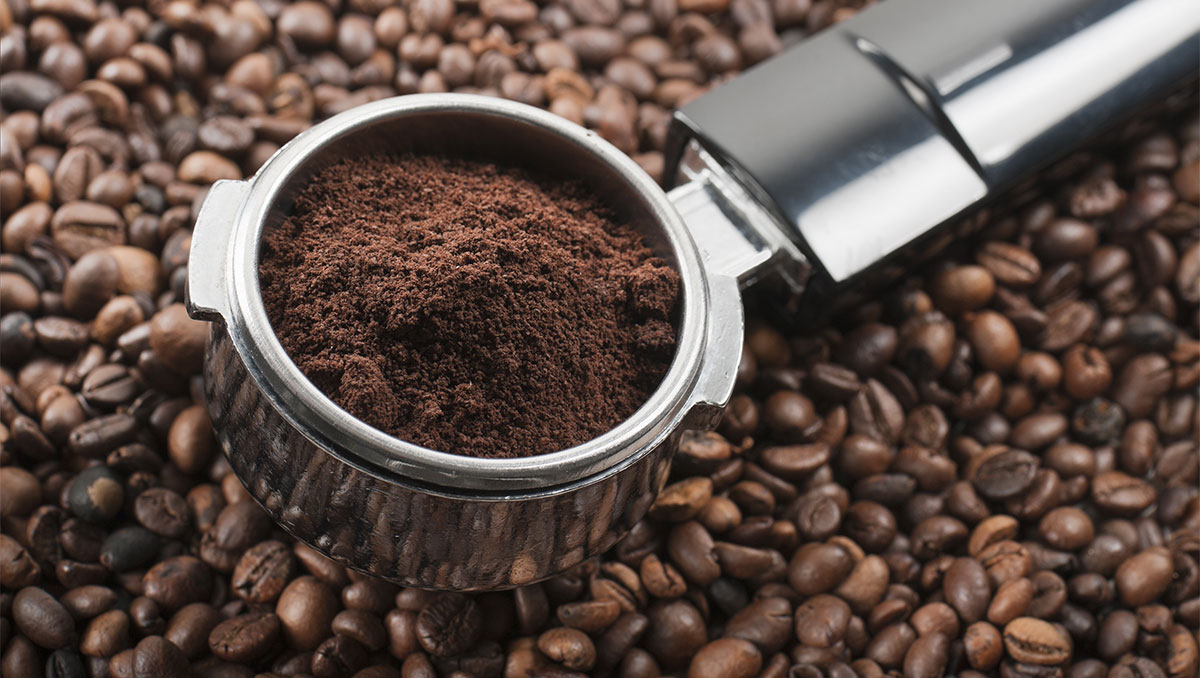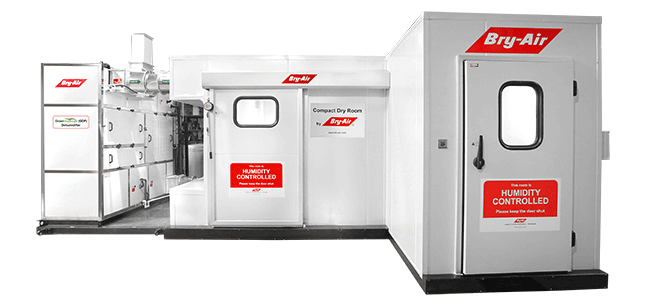Mr. Deepak Pahwa, Managing Director, Bry-Air & Chairman, Pahwa Group | EV Update Media | Mar-Apr Issue 2021
Can you shed some light on your patented GDP technology for dehumidifiers? How different is it from the other technologies available in the market?
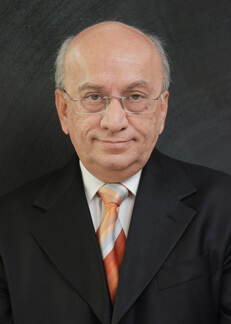
Deepak Pahwa, Chairman, Pahwa Group & Managing Director, Bry-Air
In today’s context. dehumidification products and solutions are playing an active role in India’s EV push and energy storage mission too. High technology often entails working in precisely controlled environmental conditions. Lithium batteries are a classic example of a product where production is not possible in the absence of efficient dehumidification. Dehumidification, or moisture control, has proven itself to be a critical factor in the control of the environment in the dry rooms without which lithium battery manufacturing is not feasible.
Bry-Air’s Green DryPurge® (GDP) patented technology for dehumidifiers ensures the optimum performance of dehumidifiers, even at the ultra-low dew point, up to (-) 80°C (-112°F). Bry-Air is the only total solution provider for Dry Rooms with Environment Control Equipment incorporating Patented Technology critical for Lithium Battery Manufacturing. The GDP Dehumidifiers are the perfect saviour from moisture menace in your high demand Dry Rooms, critical for lithium battery manufacturing, and is supplied to every manufacturer of Lithium Battery.
Hence, playing a crucial role in the EV growth, Today, with almost 100 plus large, highly engineered, low dew point dehumidification systems for maintaining relative humidity levels as low as <1% running successfully across the different parts of the world, Bry-Air has become the preferred choice of world’s leading Lithium Battery Manufacturers.
As the Make in India narrative for Lithium-ion batteries takes flight, our company acts as a critical and key catalyst to the EV revolution being the only Indian supplier of Dry Rooms, which are a must for manufacturing Lithium-ion batteries, be it for research purpose (Compact Dry Rooms) or large scale production.
To add further, our patented Green DryPurge Dehumidifiers have long been exported to China and Europe for Lithium Battery manufacture.
Who are your current target customers in the EV market?
We are a global leader in providing dehumidifiers across varied industries like pharmaceutical, food, defence, and many other sectors. As far as the EV industry is concerned, our target customers are those who are developing lithium batteries. We offer end-to-end support to such companies in setting up dry rooms for R&D work and production of lithium-ion batteries for EV’s. To name a few, we have worked with leading MNC’s like BHEL, Amara Raja Batteries and others, and have provided them such solutions.
Besides, the above mentioned, we have worked/are working with various organizations on their lithium battery production requirements for research and production in the space of underwater naval systems, energy storage, satellite/ space requirements.
What do’s and don’ts do you recommend for EV Battery Safety?
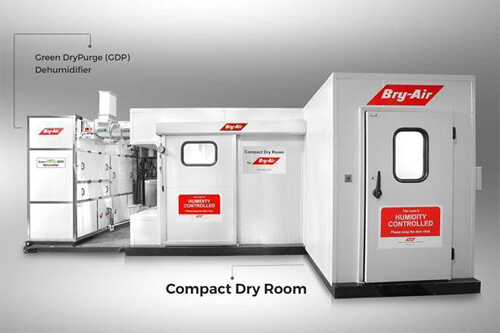
EV batteries are made in a controlled structure which requires lot of attention. A small amount of moisture in the battery can completely ruin it, since lithium is highly aggressive, corrosive and hygroscopic in nature. The control of moisture in the production of li-ion cells becomes paramount, otherwise it can leads to hazardous results.
Moisture sealed inside the battery can react after the battery is completed too. When moisture in the air comes in contact with lithium metal, an exothermic chemical reaction occurs that forms Lithium Hydroxide and Hydrogen Gas. Thereby, Lithium batteries require a high level of environmental control while assembling and manufacturing.
The production must be undertaken in very critical and controlled (Dry Room) environment conditions. Non-maintenance of the desired RH during lithium cell manufacturing (<1 %) and battery assembling (<10%) may lead to severe consequences including reduced quality, bad performance, and increased chances of explosion.
Dehumidification or moisture control solutions, has proven itself to be a critical factor in the control of the environment in the Dry Rooms without which lithium battery manufacturing is not feasible. These rooms are equipped with moisture control equipment’s that help in achieving extremely low dew point [up to (-) 80°C) control for all the hygroscopic and moisture sensitive material processing.
Comments on current battery manufacturing ecosystem in India and future take.
In the post-COVID-19 scenario, as the demand for EV increases, the HVAC&R industry will see a rise in demand for dehumidification systems and solutions.
In the context of EVs, the battery is the most expensive component, which accounts for 40 % of the total cost of manufacturing. Li-ion batteries have the highest adoption in the global EV market, but lead-acid batteries seem to be higher in adoption in India.
For India to successfully manufacture the batteries for EV, there needs to be a strict control over the environment in the manufacturing plant. Moisture is the culprit behind ruining the quality of batteries and needs to be controlled.
As per JMK Research, the Li-ion battery market in India is expected to increase from 2.9 GWh in 2018 to about 132 GWh by 2030. The Dry Room facility or the infrastructure where these batteries are manufactured plays a critical role in developing cutting-edge, high-quality Li-ion batteries. A small amount of moisture in the battery can completely ruin it, since lithium is highly aggressive, corrosive and hygroscopic in nature. This makes Bry-Air an important part of the ecosystem for the manufacture of li-ion cells, which make up the battery.
The EV industry is also facing challenges in the areas of investments that companies need to make into the field of cell manufacturing for EV batteries. The cost of investment for the manufacture of li-ion batteries is about Rs 700 crore per GWh, which could act as a factor in delaying investments into this.
